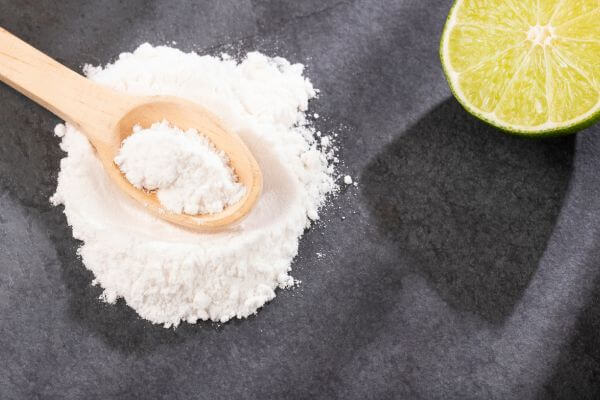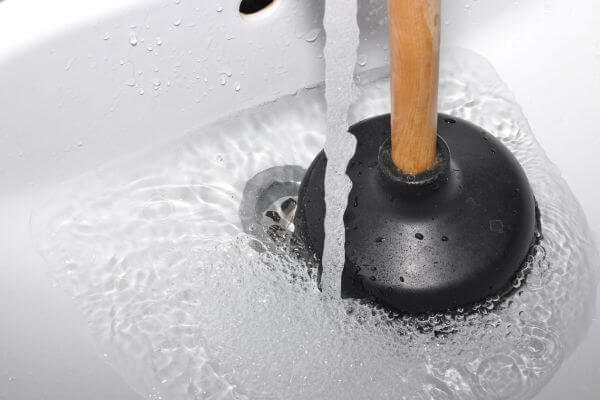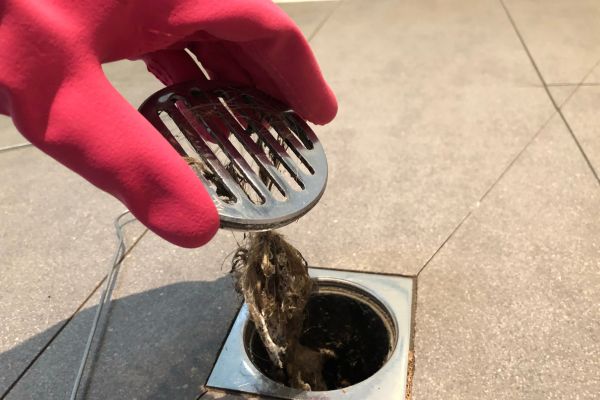Keeping your drainage pipes in good condition is essential to ensure a clean and healthy home. Clogged pipes can cause odours, flooding and structural damage. In this guide, we will show you step-by-step how to clean drain pipes effectively, using homemade methods and specialised products. In addition, we will provide you with some preventive maintenance tips to avoid future blockages.
Why is it important to clean the drainage pipes?
Drainage pipes play a crucial role in the disposal of wastewater and in maintaining household hygiene. However, it is common for debris, grease, hair and other debris to accumulate and clog the water flow. A clogged pipe is not only annoying, but can also be costly to repair if ignored for too long.
In addition, blockages can cause unpleasant odours to spread throughout the house and can become a breeding ground for bacteria and mould. Keeping pipes clean helps to avoid these problems and ensures a healthier environment.




Recent Comments